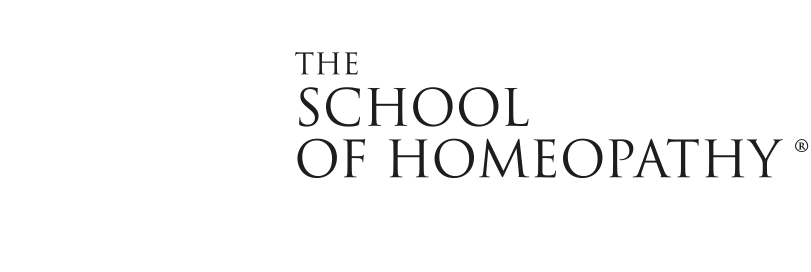Irrefutable evidence in Homeopathy
26 January 2017 at 10:30
Prof Wambersie's words on the work of Prof Hahn regarding the value of metaanalyses in homeopathy
Comments and thoughts after reading ‘Homeopathy: Meta-Analyses of Pooled Clinical Data.’ (Professor Hahn, 2013 (1))
By Professor Emeritus Dr André Wambersie (UCL, Belgium) (2)
January 2017
The quality of the presentation, style, structure, statistics and arguments used in this article makes it perfectly acceptable to be published in any medical magazine. The review is an argument in favour of the collaboration medicine-homeopathy and the introduction of homeopathy in meetings and journals relating to medicine in general.
Hahn pays much attention to the study by Klaus which included a large number (89) of clinical trials that can be used in a meta-analysis. Overall, they indicate a statistical benefit for homeopathy compared to placebo (2,45). Further, if only the studies of the highest quality are retained (26), homeopathy remains superior but the benefit is reduced (1.66). Finally, when the author examines several sub-groups, homeopathy remains superior to placebo.
This study and its results are of great practical value and have attracted other teams (who do not agree with the opinion of the author) to criticise the Klaus study and the methods used. These teams try to show the lack of effectiveness of homeopathy by using the ‘method of exclusion’. This method becomes debatable and does not seem to avoid the ‘emotional effect’. In fact, these studies only manage to prove the absence of efficacy by using a mere 5 – 10% of the studies based on ‘virtual data’. (I do not understand what this ‘virtual data’ means.)
Further, because these critical studies use a mixture of pathologies this weakens their arguments even further.
A point which Hahn explains very well is the difference between ‘evidence’ and ‘recommendations’. The first step of any good research is to analyse real data without any concern of its possible consequences or conclusions it may bring. If this separation is not respected, the ‘emotional effect’ cannot be avoided. In his review, Hahn showed very clearly how this happened in the review studies on the efficacy of homeopathy he examined.
Conclusion:
This article was of great interest to me. It points to a problem that can have social consequences and holds lessons for us all: the importance to clearly separate the evidence on one side and the practical/social consequences on the other side. With regards to the efficacy of homeopathy it will often be difficult to avoid the emotional due to the practical consequences for medicine and its social aspects (i.e. Its cost). In general, one has to always avoid ‘emotions’ when doing research …
One of the reasons for the scepticism of homeopathy is the absence of reasonable scientific arguments capable of explaining the benefits of homeopathy. This is understandable but in medicine there are examples of real data which cannot be explained, they may be explained in the future. The importance is to gather good and solid data. Did Churchill not say that the facts are more important than the Lord Mayor?
What is important is to establish the facts based on randomised (double blind) studies with sufficient patients. It is also necessary to concentrate on studies with regards to specific diseases rather than mixing a number of pathologies. It is important to do this work while avoiding all possible emotions and a-priori.
The conclusions of this study are interesting and useful for all the countries of the EU. All the medical commissions should be inspired by them.
(1) http://www.karger.com/Article/Pdf/355916
(2) http://www.icru.org/content/uncategorised/andre-wambersie
(Prof A Wambesie is still active in the department of Radiotherapy and Radioprotection of the Hospital St Luc, UCL, Brussels, Belgium)
Posted in Homeopathy | Alternative Medicine | Health

